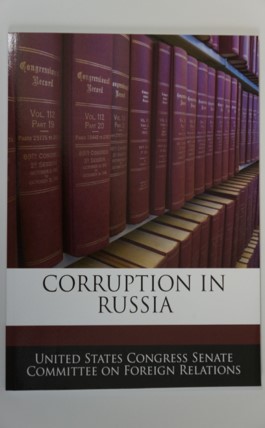Example
The study of “rule of law” in the former USSR countries
Social background
“Rule of law” has been the main academic concern in the international society since the end of the Cold War. Particularly, it is the key issue when we examine equal access to judicial system and the process of democratization in the developing countries.
Purpose of the study
The main purpose of the study is to clarify actual situation of “rule of law” and the process of democratization in the former USSR countries, such as the Russian Federation and three Baltic states. Focusing on the issue of how judicial authorities in these countries, such as constitutional courts and the supreme courts, give political influence to the policies of governments, the study analyzes political situation on corruptions and rights of ethnic minorities in these countries.
Outline of the study
This study examines the conduct of judicial authorities in the former USSR countries, concerning corruption and the rights of ethnic minorities. Furthermore, it analyzes how the above-mentioned conduct of judicial authorities is related to actual policies of governments, and discusses “rule of law” as a political issue.
Expected effects
This study offers significant suggestions for dealing with “eradication of corruption” and resolution of ethnic conflicts, as main agenda for the developing countries, from the perspective of “rule of law” based on a case study of the former USSR countries.


Representative
